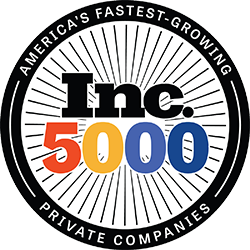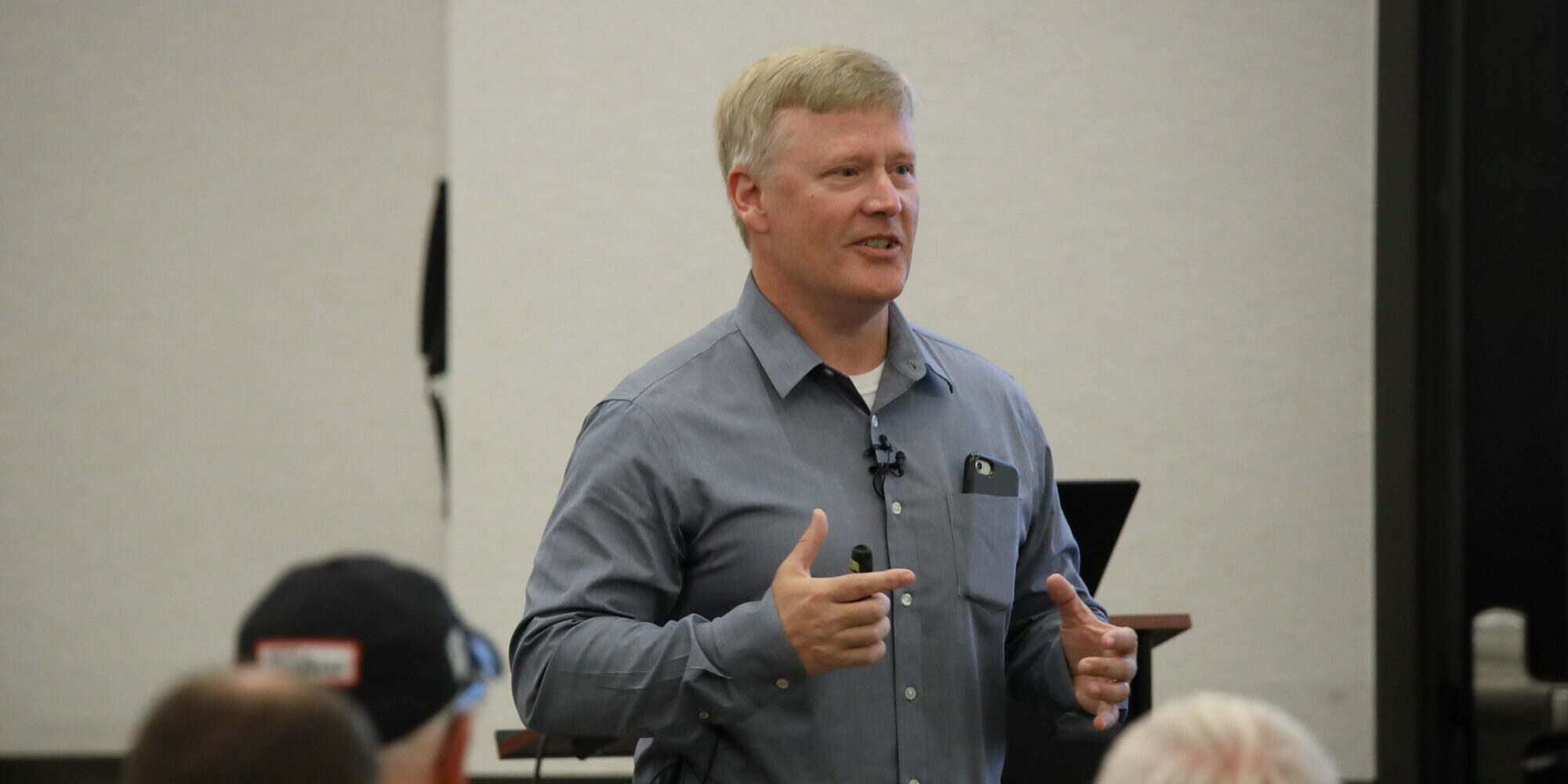Contributor: David Lynn, CSP
THE POWER OF A QUESTIONING ATTITUDE
I learned the power of a questioning attitude when I started my job with Owens Corning in May of 2000. We were building a Cultured Stone facility in Chester, South Carolina. I vividly remember one of the first project team meetings that I attended. There was a big group of executives visiting the site and the project team was presenting their progress report. One of the new engineers, Will, delivered a presentation about the dust collection systems. He had only been at the project for a couple of weeks, and he provided a brief overview. Well… that was not good enough for the Project Manager, Vic. Vic started drilling Will with relentless questions about the system and Will was not prepared. I felt bad for Will because the questions did not stop even though he had few answers.
I learned a valuable lesson that day from the questions. Questions require you to produce answers and you cannot produce answers without preparation! One of the most valuable tools we have as safety leaders is to challenge people to prepare for safety and you can do that with your questions.
A leader’s safety commitment is evident when it is visible through their actions and their questions. They show an employee what is important to you and they offer an opportunity to lend your support to safety. When you are inquisitive about safety related topics, you create an atmosphere with a heightened awareness and focus on safety.
WHAT QUESTIONS SHOULD YOU ASK?
Here a few samples that help you get started:
1. What are the critical steps in your job?
2. What is the worst thing that could happen?
3. How do you prevent the “worst” thing from happening?
4. How can I help you prevent a potential injury?
5. Do you feel like you get the proper safety training?
6. instructions to perform tasks safely?
7. Do you feel comfortable stopping work if a hazard is present?
8. How do people around you demonstrate their commitment to safety?
9. Do you have the appropriate tools to complete your work safely?
10. Do you believe that all incidents (injuries, near misses, first aids, etc.) can be prevented?
11. Is there anything safety-related you would like for me to evaluate?
12. If you could make one safety improvement, what would you do?
CONCLUSION
Visible management commitment is the cornerstone to building a successful safety culture, and it is a mark that distinguishes a culture. Our words and actions project our commitment. People will never know safety is important to you if you do not talk about it one on one with them. Great managers learn to ask the right safety questions! They learn where they can be strategically visible with safety. People know you care because you ASK QUESTIONS.



